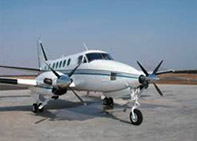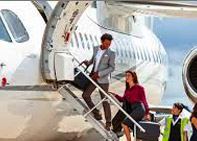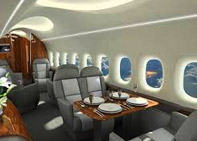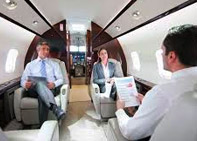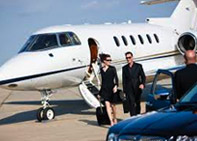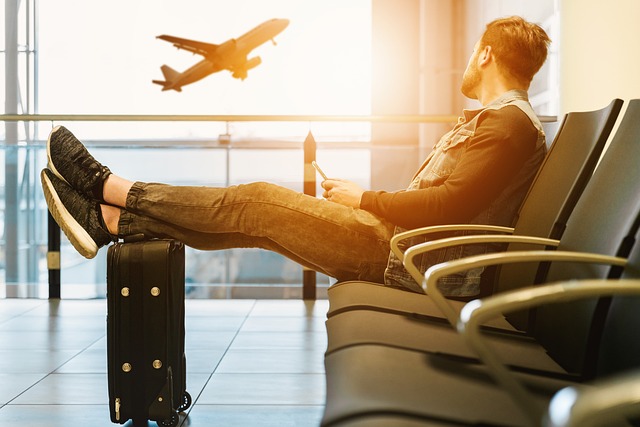Cutting-edge technologies are constantly shaping the aviation industry. Today, emerging technology plays a vital role in enhancing passenger experiences and boosting business performance. Here’s a peek at some of the latest trends that are all set to transform airline and airport operations.
Robotics and automation
An increasing trend is the adoption of robotics and automation, which helps streamline operations. RPA helps automate processes, including check-in, boarding, and baggage reconciliation, ensuring timely departures and satisfied passengers. Many airports are using robots to help fliers with answering their queries, act as guides, offer security and cleaning services, and more.
A good example is the robot named Spencer that can guide (KLM Airlines) passengers, leading fliers to their respective departure gates. Moreover, Spencer can scan the boarding passes and guide fliers to their respective departure gate.
Artificial intelligence (AI)
AI-powered solutions have immense potential to help aviation companies lower their operating costs by optimizing their fleets and operations. A good example is Swiss International Air Lines, which saved around $5.4 million in the recent past with the adoption of AI. Yet another good example is Lufthansa, which could accurately forecast wind patterns, helping to better predict them. The insights helped in improving accuracy, which in turn is helping with flight delays and cancellations at Zurich Airport.
Biometrics and digital identity
Biometric technology and digital identity solutions are poised to revolutionize the aviation industry. Airlines and airports are increasingly adopting biometric solutions, such as iris recognition, facial recognition, and fingerprint scans. The technology significantly helps with reducing wait times, quick and accurate passenger identification, and enhancing the overall travel experience. For example – Singapore Changi Airport has adopted facial and iris recognition technology, which facilitates fliers to breeze through various checkpoints without physical contact.
Personalization
Airlines are adopting personalization to know each flier’s travel needs and preferences. The insights help with customizing offers, messages, and recommendations designed to deliver an individualized experience. For example, with personalization, it’s easy to recommend specific in-flight entertainment and more. Thus, the focus is on creating a loyal customer base that can drive profitability.
